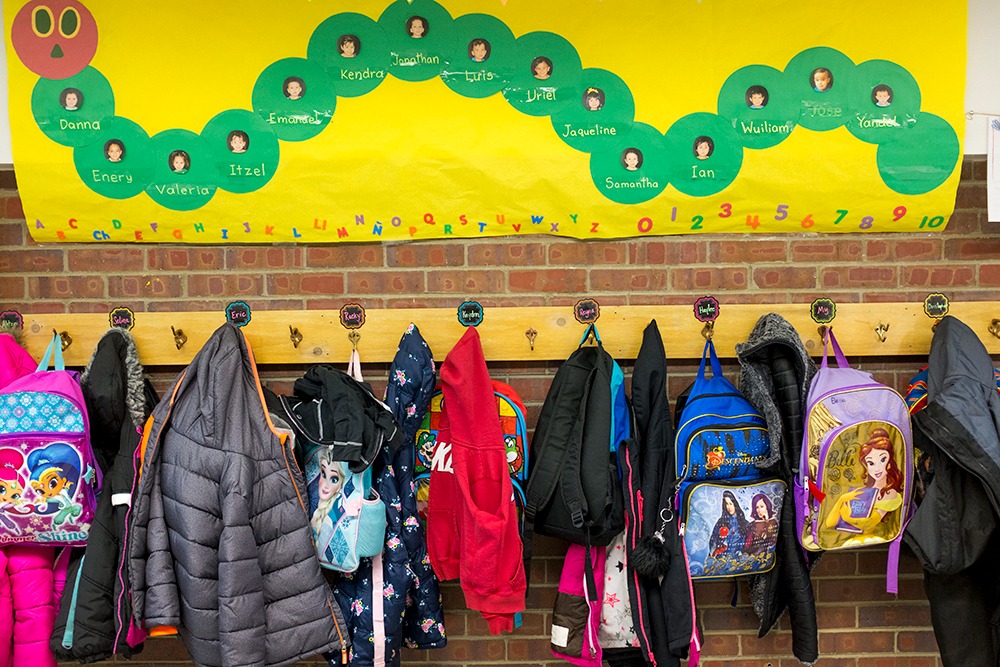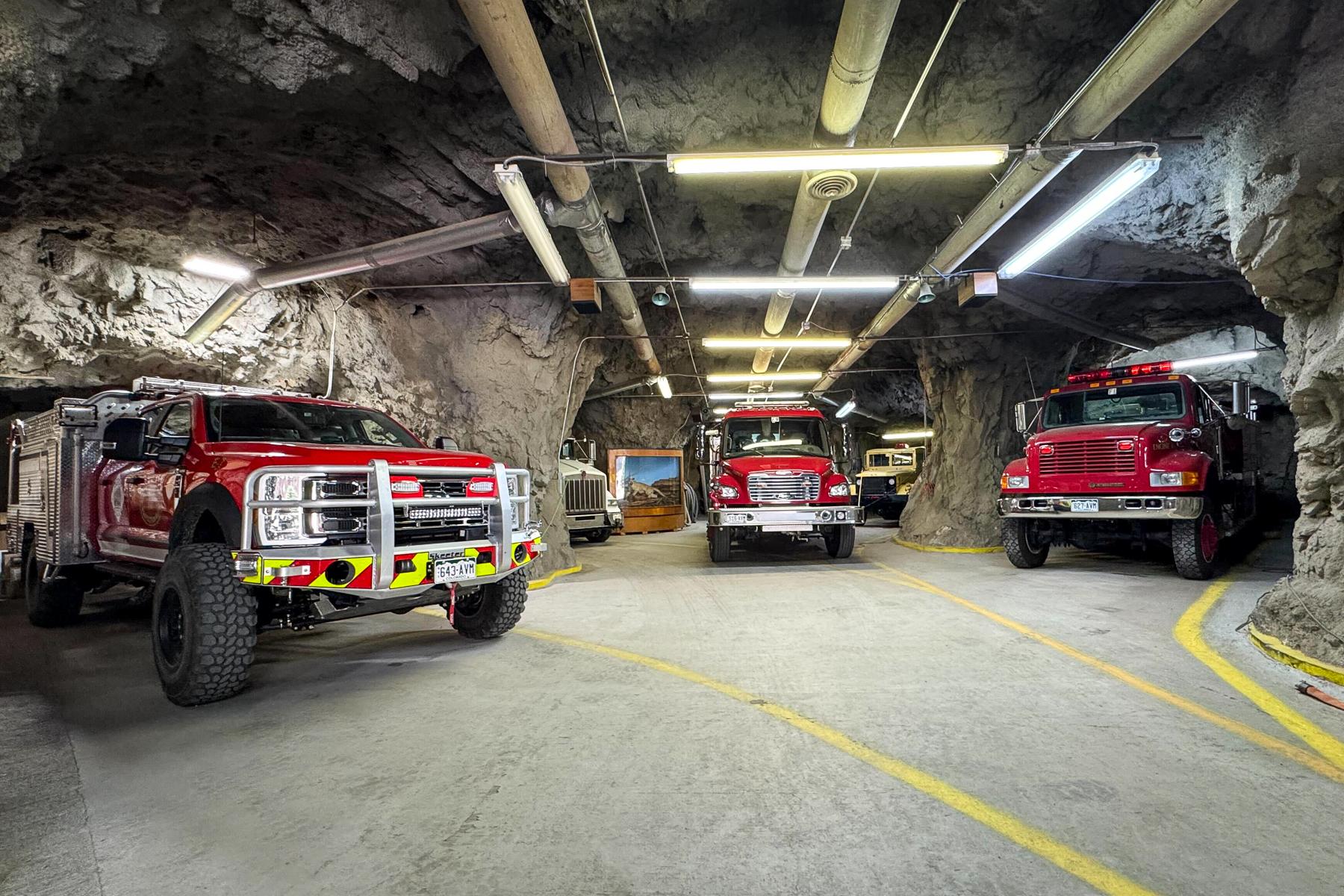New legislation introduced in Congress would place limitations on the Antiquities Act, originally passed in 1906, which allows the President of the United States to designate national monuments. Most recently in Colorado, the Antiquities Act was utilized to preserve Brown's Canyon in the Upper Arkansas River Valley, as well as Chimney Rock and the Canyon of the Ancients, both in southwestern Colorado.
The bill, known as HR 3990, the "National Monument Creation and Protection Act," would require a president to obtain support from cabinet secretaries, state, and local governments before declaring national monuments larger than 640 acres in size. The act would also limit the designation to locations with fossils and human or acheological remains, and not allow considerations for natural landcapes. Finally, it would allow a president to shrink existing monuments by up to 85,000 acres—or more, with the approval of state and local governments.
Utah Congressman Rob Bishop (R) introduced the bill. In a statement, he said the Antiquities Act has been, in the past, "too often used as an excuse for presidents to unilaterally lock up vast tracts of public land without any mechanism for people to provide input or voice concerns."
Congressman Doug Lamborn of Colorado Springs (R) has signed on as a cosponsor of the bill, saying the proposed changes would protect archeological resources, while ensuring transparency and accountability. "The original intent of the Act is upheld and strengthened with measures that bring us into the twenty-first century," Lamborn said in a statement.
In a committee hearing last Wednesday, Colorado Congressman Scott Tipton (R) agreed with Bishop. "I don’t believe that reforming the Antiquities Act to bring it back to its intended purpose, and protecting public lands and national treasures, are mutually exclusive," he said. "We can do both."
Environmental groups, including the Center for Biological Diversity and the Center for Western Priorities, call the legislation "appalling," and an extreme attack on public lands.
The bill has not yet been scheduled for a vote.
Austin Cope is a host and reporter with KSJD in Cortez, Colo., and primary author of this report. 91.5 KRCC's Andrea Chalfin contributed to this report.







